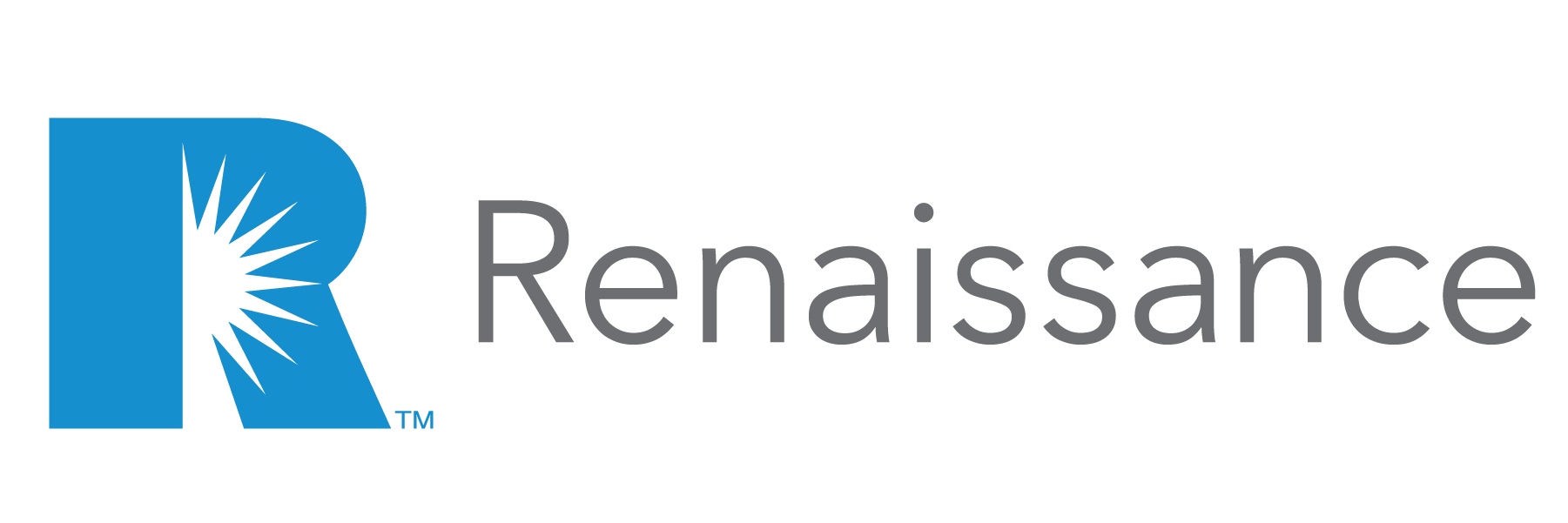Ned Lamont, the governor of Connecticut, has issued two Executive Orders on workers compensation: the first defines “essential workers” in the most expansive way possible; the second establishes (temporary) presumptive coverage.
Executive Order 7H, issued on March 20, 2020, offers a very generous, wide-ranging definition of “essential workers” directly and indirectly involved in COVID-19. While it is no surprise that the Order covers first responders and health care providers, it reaches across 16 critical infrastructure sectors as defined by the Department of Homeland Security. A partial summary of the list includes: elder and home health care; child care workers who support essential workers; utilities; grocery and big box stores/wholesale clubs; gas stations and convenience stores; liquor/package stores; trash and recycling; mail, shipping and delivery; banks; legal and accounting services; construction; pest control, landscaping and yes, even insurance. Wow!
Presumption: Temporary and Expired
Under presumption laws, coverage for workers is presumed: the burden of proof is on the carrier (or self-insurer) to prove that a given claim is not work related. Traditionally, presumption coverage has been limited to public sector police and fire.
On July 24, 2020, Governor Lamont issued Executive Order 7JJJ, which creates a “rebuttable presumption” regarding coverage under workers compensation. This means that any of the workers listed above who contract the virus are likely eligible to receive workers compensation benefits. These claims range from minor symptoms requiring home-based quarantine, to extensive hospital stays in an ICU, followed at times by permanent loss of function in the liver, heart, and brain.
At first glance, this appears to place an enormous financial burden on CT’s workers comp system. But that may not be the case. The presumptive coverage began retroactively and has already ended: it began on March 10, 2020 and ended on May 20. The presumption was temporary, covering the peak period of COVID-19 in CT, and expired over two months ago. At this point it is impossible to project the actual impact of these executive orders on the workers comp system.
A Very Brief Guide for Renaissance Agents
Connecticut agents need to keep a simple focus:
- All COVID-19 claims should be reported to the carrier, including employees who are working from home. By statute, carriers alone are responsible for determining compensability. (Even if the illness falls within the limited time frame under presumption, there are still eligibility criteria that must be met).
- NCCI is in the process of removing all COVID-19 losses from the experience rating process, so your insureds need not worry about having to pay directly for these costs.
This is a confusing and, in some ways, incomprehensible initiative from Connecticut’s State government. We will continue to track its course. In the meantime, please contact me with any questions and concerns.
Jon Coppelman
Senior Workers Compensation Consultant
(508) 769-9850
Related posts
- Workers Compensation: Workplace 2.0
- OSHA Alert for your clients: Revised guidance on Covid19-related recordkeeping
- Workers Compensation: Looming Pandemic Losses
- Workers Compensation: COVID19 = Game Changer!




